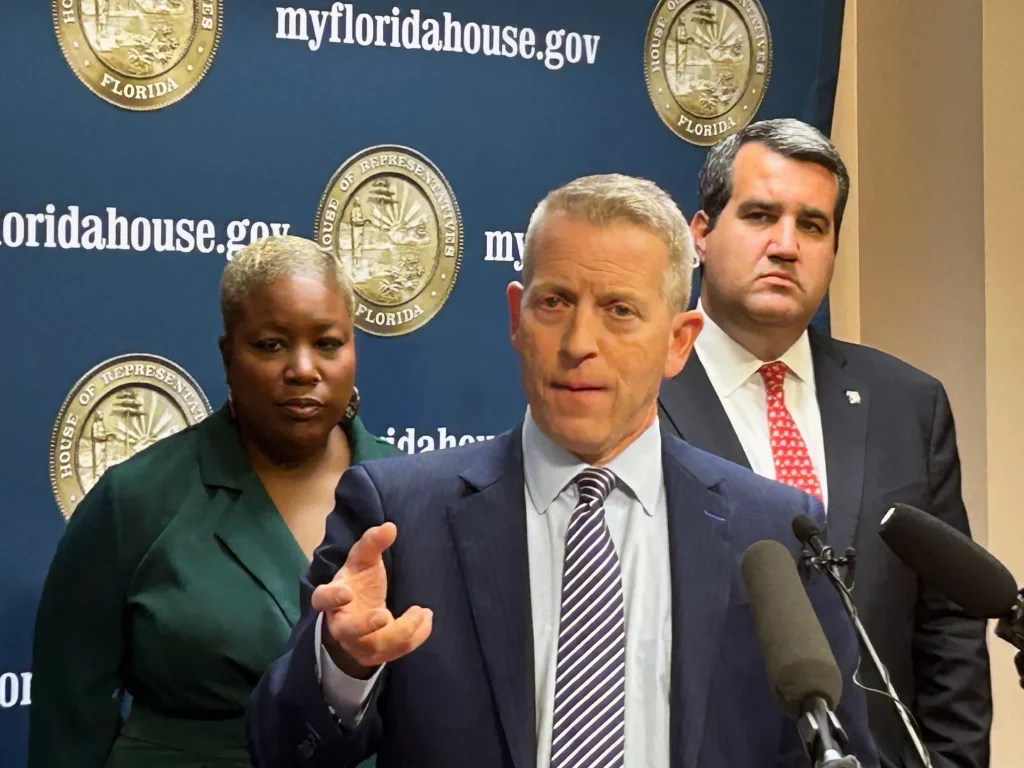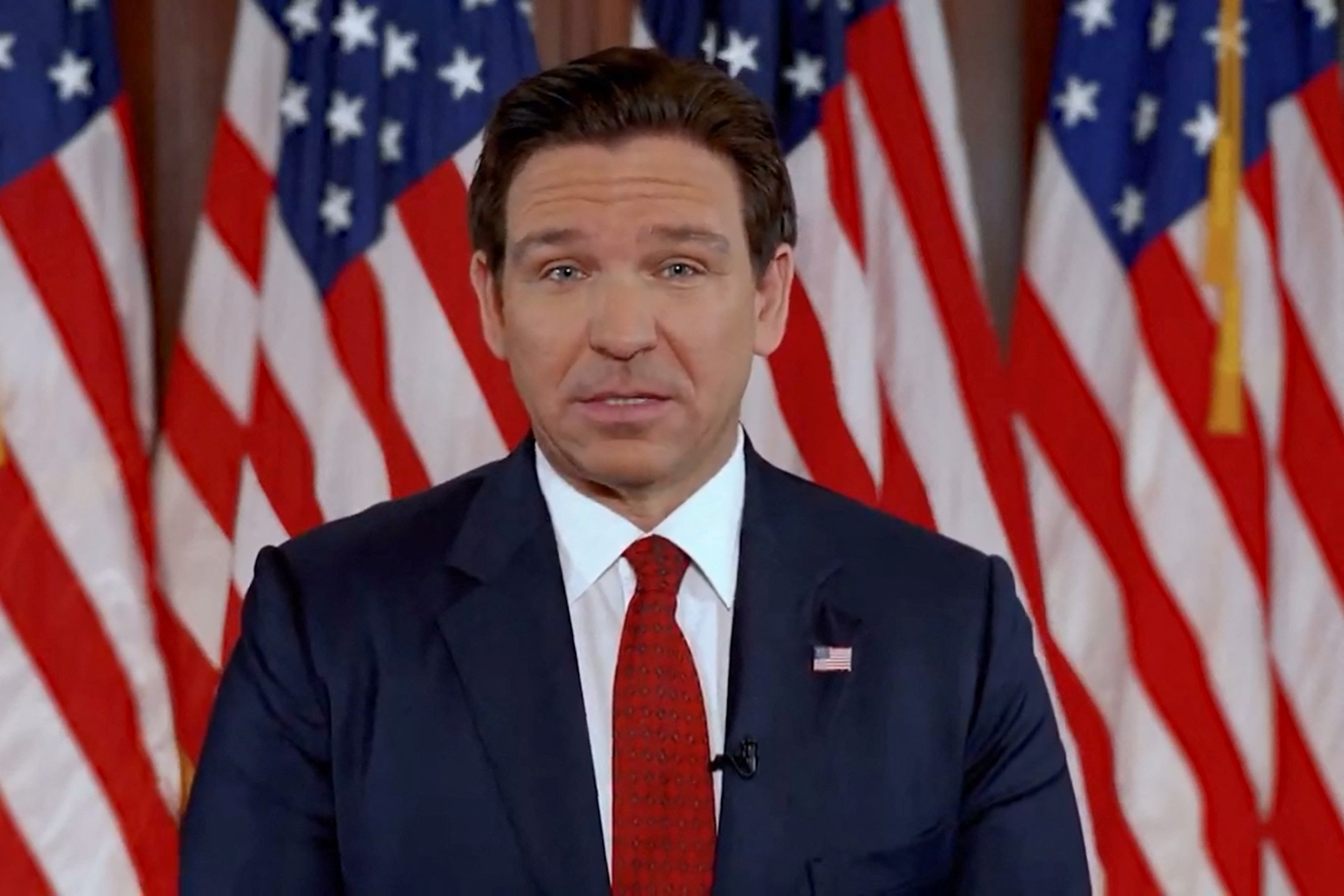Florida governor vetoes bill banning social media for those under 16
Florida Governor Ron DeSantis has taken a decisive step by vetoing a bill recently passed by the state’s Republican-controlled legislature that aimed to ban individuals under the age of 16 from accessing social media platforms.
Despite receiving approval from lawmakers, DeSantis expressed concerns over the potential infringement on privacy rights and anticipates a new and improved version of the legislation that addresses these complexities more effectively.
In announcing his veto on X, formerly Twitter, Governor DeSantis emphasized the need for a “different, superior bill.” He highlighted the delicate balance required in legislation, noting the importance of protecting children from potential harms associated with social media while respecting parents’ rights and preserving adults’ ability to engage in anonymous speech.
Governor DeSantis had previously raised privacy concerns, expressing reservations about the bill’s impact on individual privacy rights. While acknowledging the potential risks of social media for children, he underscored the role of parents in supervising their children’s online activities.
DeSantis remained cautious about policies that could potentially override parental decisions regarding their children’s online presence.
The legislation, known as House Bill 1 (HB 1), sought to compel social media platforms to terminate accounts of individuals under 16. Additionally, it proposed the implementation of a third-party verification system to screen out underage users.
Supporters argued that the legislation was necessary to address the adverse effects of excessive social media use on children’s mental well-being, including anxiety and depression.

Notably, Meta, the parent company of Instagram and Facebook, opposed the legislation. Critics, including Meta, contended that the bill violated the First Amendment protections for free speech. They argued that decisions regarding children’s online presence should rest with parents rather than the government.
While the bill did not explicitly name specific platforms, it targeted those featuring “infinite scrolling,” reaction metrics like likes, auto-play videos, live-streaming, and push notifications.
The legislation would have exempted websites and apps primarily focused on email, messaging, or texting between specific senders and recipients. The bill’s targets included social media platforms with features such as infinite scrolling, reaction metrics, auto-play videos, live-streaming, and push notifications.
Supporters of the bill argued that it aimed to safeguard children’s well-being by curbing the negative impacts of excessive social media use. They raised concerns about the rising instances of anxiety, depression, and other mental health issues among children linked to their online activities.
Related News:
- First Lady Jill Biden’s Sunday Mission: Energizing Women Voters in Waukesha!
- Social Security Under Fire: Seniors Hit with Unexpected Bills Spark Urgent Calls for Change!
- Speaker Johnson Promises Full Support for Ukraine
In contrast, critics contended that the bill posed a constitutional challenge by impinging on free speech rights protected by the First Amendment. They asserted that parents should have the authority to make decisions regarding their children’s online activities, emphasizing the need to preserve individual freedoms.

